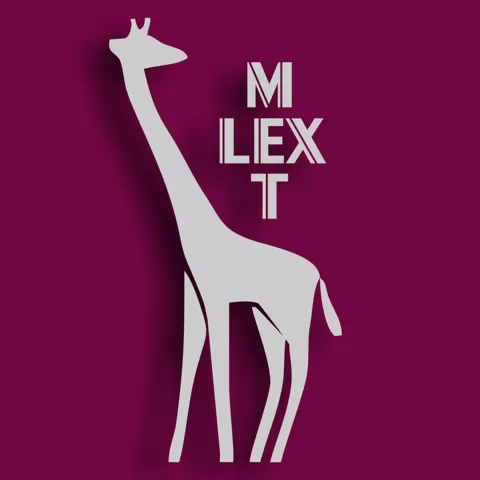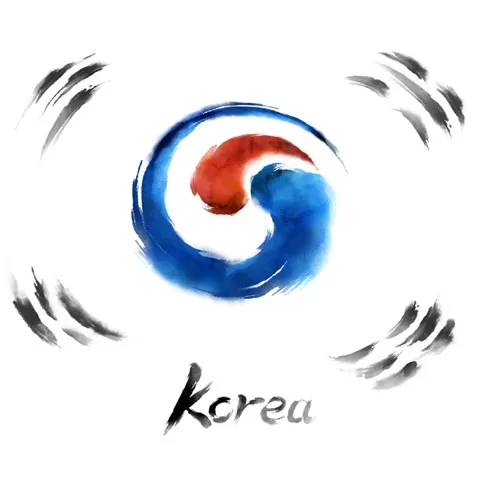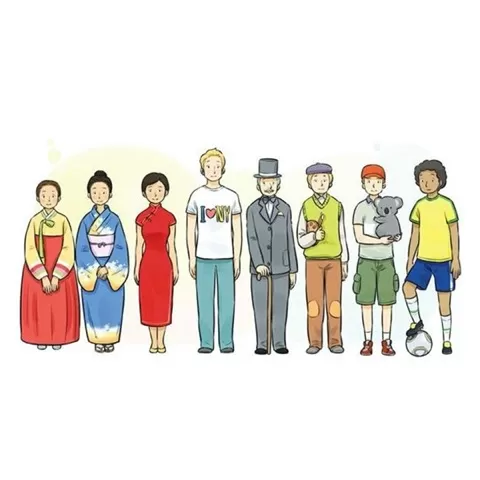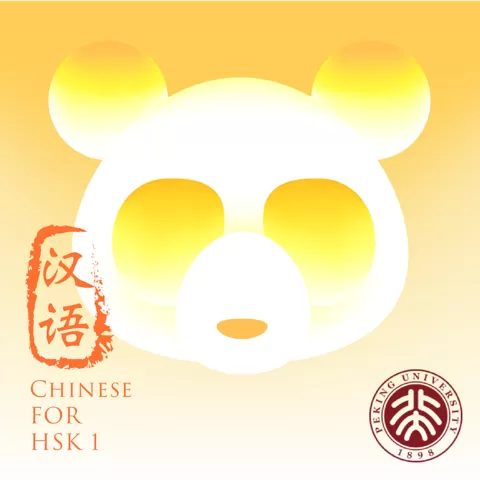The aim of the course is to obtain the idea of the lexicon as a complex system and to get the methodology of the typological approach to the lexicon cross-linguistically, as well as to learn about the general mechanisms of semantic shift and their typological relevance.
By the end of the course the students should know the basic principles of lexical organization, the main parameters of semantic variations in lexicon, and be able to apply the basic methods of the analysis of lexical meaning to different lexical domains.
The course is designed for students of linguistic programs (BA, MA, PhD), as well as for teachers and researchers in the named field.
The course contains the overview of different approaches to the semantic description of lexical items and lexical systems in different languages and discusses the methodology of Moscow Lexical Typology Group (lecture 1). This methodology (“frame approach”) is illustrated with the data of the following domains: aquamotion verbs (lecture 2), verbs of falling (lecture 3), adjectives denoting oldness (lecture 4) and pain metaphors (lecture 5 and 6). The results of the analyses are visualized with specially constructed lexical semantic maps.
Do you have technical problems? Write to us: coursera@hse.ru






